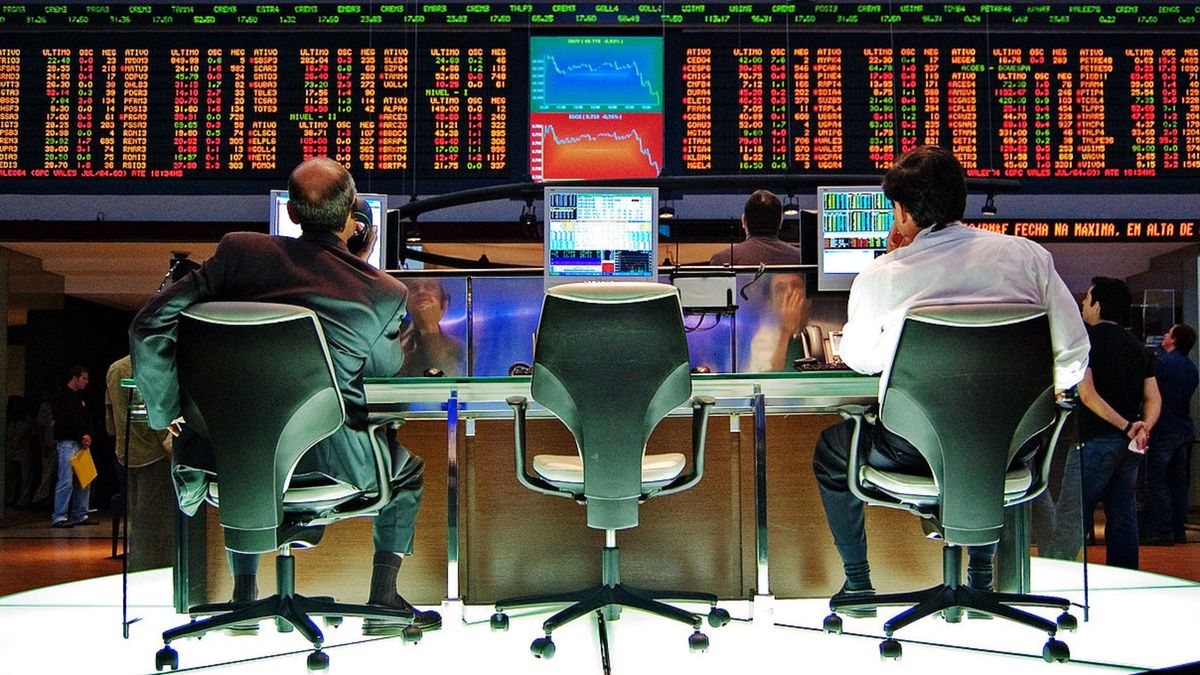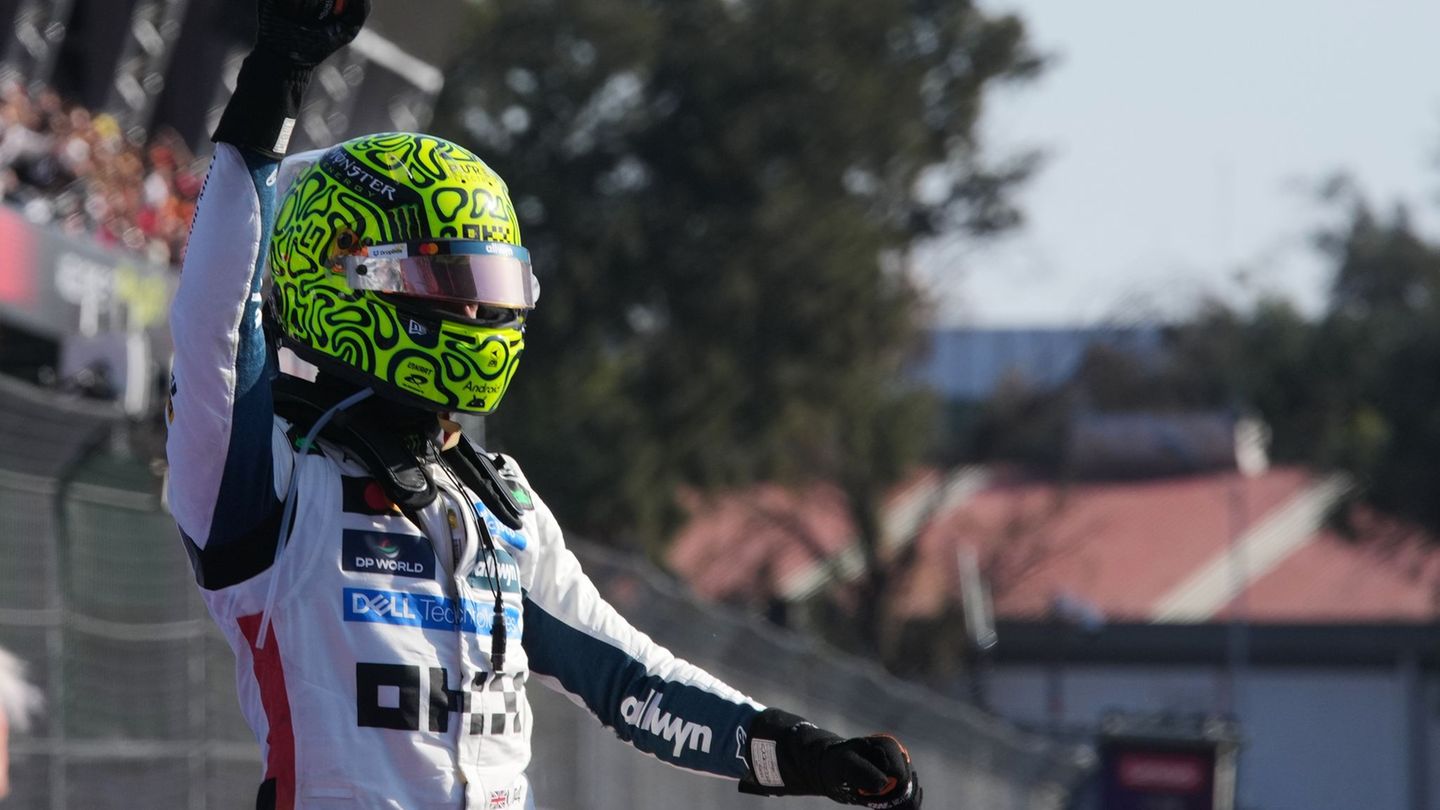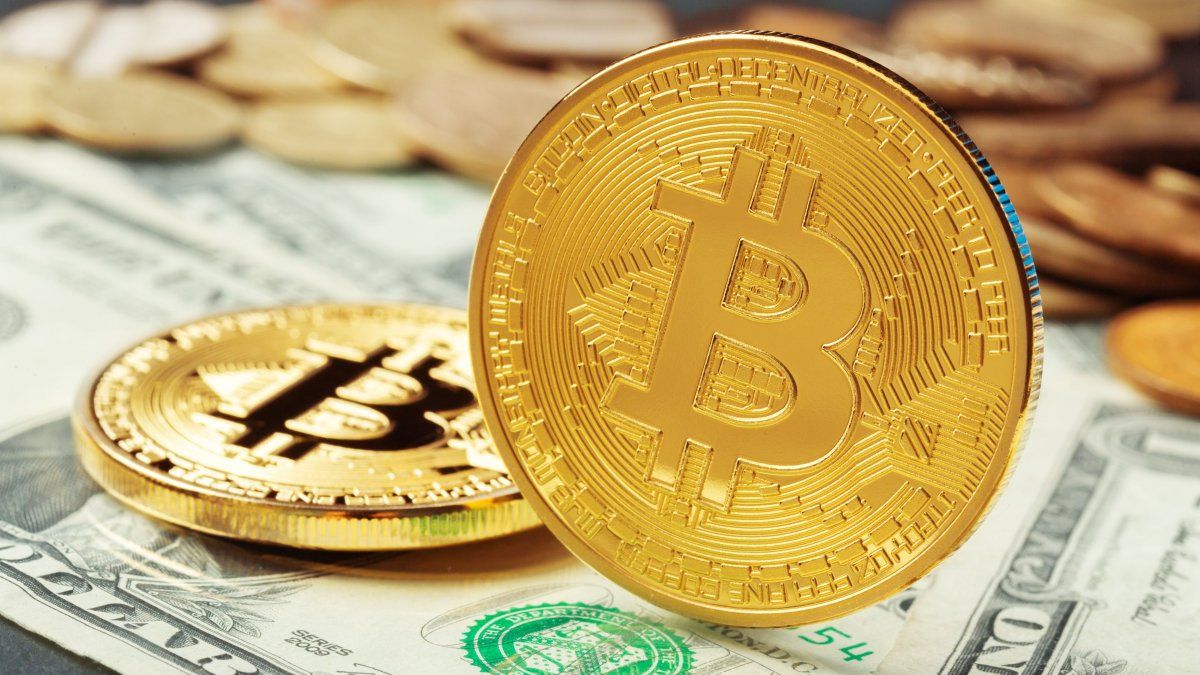For his part, andhe Brazilian real strengthened 4%, to 5.1770 units per dollar, after an election result that was much closer than expected and led to a second round of elections between former president Luis Inácio Lula Da Silva and current president Jair Bolsonaro .
The Ibovespa shot is due to the fact that on Sunday the candidate Lula obtained a “tighter advantage than expected” against Bolsonaro. Lula, of the Workers’ Party (PT, left) imposed by 48% against Bolsonaro’s 43%, against what said the polls that projected a victory for Lula with the 50%, within the margin of error that would allow him to be elected in first round without the need for a ballot.
At the same time, the Stock Exchange showed its “good humor” in reason due to that from the election of parliamentarians a Congress emerged with a “rightmost profile,” Valor observed.
While most polls had predicted that Lula would beat the far-right incumbent president, Jair Bolsonaroby between 10 and 15 percentage points, the official tally showed a 5-point margin, leading bankers and analysts to predict that Lula would need to move further into the center before the second round on Oct. 30.
According to Thierry Larose, manager of Vontobel, “Lula will win the second round, since the likely transfer of votes from Simone Tebet and Ciro Gomes (7.2% together) should favor him. Bolsonaro would need to attract more than six million votes (out of 8.5 million) from those candidates to win. In our opinion, that sounds unlikely given Bolsonaro’s high rejection rate.”
Gustavo Cruz, RB Investimentos strategist, said that the close race showed that neither of the two candidates obtained a mandate to apply radical policies. “Whoever wins, they won’t get a blank check from the electorate,” she said.
The expert predicts that Lula will win the elections with a narrow advantage, but warns that coordination between the government and Congress will be complicated, so his policies could find it difficult to put them into practice. “For the markets this could be positive, since it will be impossible for Lula to repeal the pro-market reforms that were introduced since the presidency of Michel Temer, especially the ceiling on public spending,” he adds.
Interest rate futures, meanwhile, are down sharply in early trading, while Bovespa stock index futures are up more than 3%.
What can happen while waiting for the ballotage
Experts warn that until the new president is elected or the economic team of Lula and Bolsonaro for the new mandate is known, the Brazilian real and stocks may show uneasiness. In addition, the market is bracing for a fiscal budget deterioration in 2023, as both the current and former presidents advocate spending expansion next year. “Although both candidates stand at opposite ends of the political spectrum, they are likely to remain similar fiscal policies that favor populism above the much-needed structural reform”, indicate the experts from AXA IM.
“The next president will face a highly fragmented Congress that will prevent both a radical political shift to the left in the event of Lula’s victory, and also the structural reforms needed to boost economic growth and ensure fiscal sustainability.”warn from AXA IM.
Despite the fact that the most probable result of the elections has already been largely discounted by the markets before the vote, Ebury experts warn that there is still uncertainty around the real, “although perhaps this disadvantage is offset by high interest rates in Brazil”.
Source: Ambito
David William is a talented author who has made a name for himself in the world of writing. He is a professional author who writes on a wide range of topics, from general interest to opinion news. David is currently working as a writer at 24 hours worlds where he brings his unique perspective and in-depth research to his articles, making them both informative and engaging.




